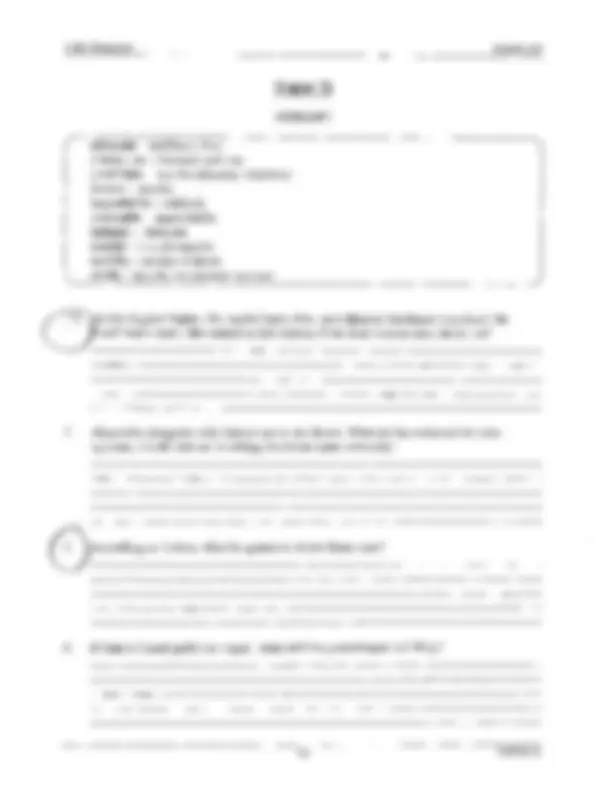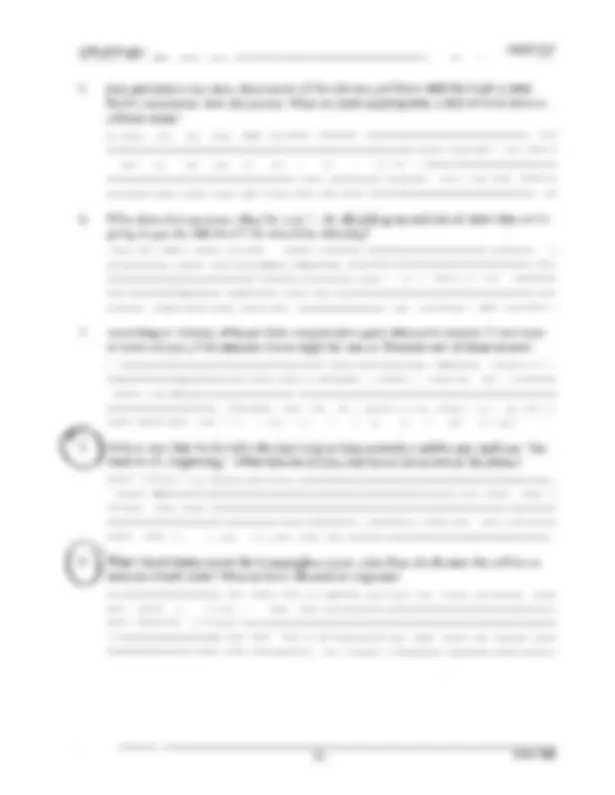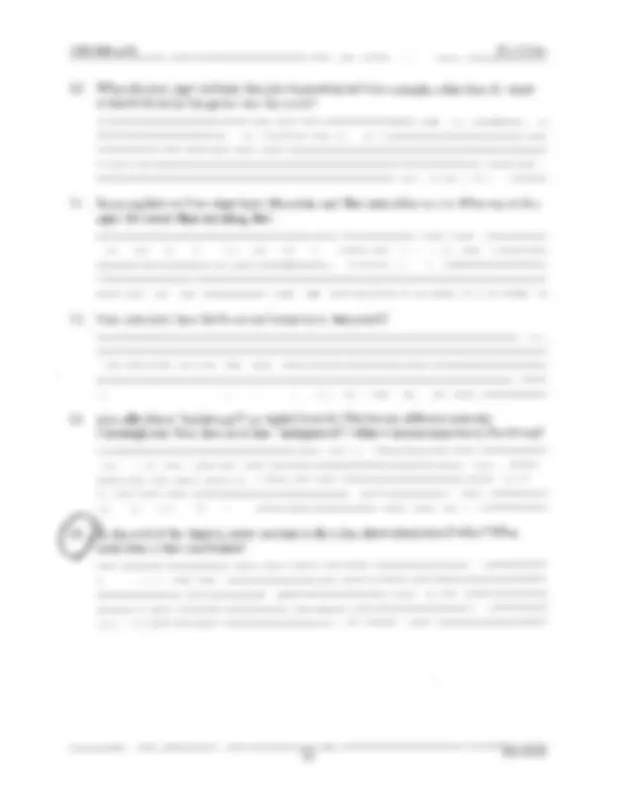





Study with the several resources on Docsity

Earn points by helping other students or get them with a premium plan


Prepare for your exams
Study with the several resources on Docsity

Earn points to download
Earn points by helping other students or get them with a premium plan
Community
Ask the community for help and clear up your study doubts
Discover the best universities in your country according to Docsity users
Free resources
Download our free guides on studying techniques, anxiety management strategies, and thesis advice from Docsity tutors
Jem uses the metaphor of a caterpillar in a cocoon to describe his feelings. According to him, in what way is he like a caterpillar in a cocoon?
Typology: Lecture notes
1 / 6

This page cannot be seen from the preview
Don't miss anything!




Chapter 22
VOCABULARY
colleagues - coworkers; associates fatalistic - believing the worst feral - wild, menacing heathen - relating to people who do not practice an accepted religion; pagan ruefully - sorrowfully
On the morning after the trial, the kitchen table in the Finch household is "loaded with enough food to bury the family." Who brought the food, and why? What is Atticus's response?
Jem uses the metaphor of a caterpillar in a cocoon to describe his feelings. According to him, in what way is he like a caterpillar in a cocoon? What feeling is he struggling with, and how does it relate to the trial and the town of Maycomb? What does the caterpillar symbolize?
What does Miss Maudie mean when she says, ".. .we're making a step—it's just a baby- step, but it's a step"? What evidence does she use to explain her optimism?
As the children watch the neighbors gossip, Dill makes a declaration about what he will be when he grows up. What does he say, and what are his reasons?
f 6. Recording to Stephanie Crawford, what did Mr. Ewell do to Atticus earlier that morning?
What does Atticus mean when he says, ".. .it's all adding up and one of these days we're going to pay the bill for it"? To what is he referring?
( 8. ^^ 1 Atticus says that the fact that the jury took so long to reach a verdict may indicate "the \ / shadow of a beginning." What does he tell Jem and Scout about one of the jurors?
When Scout learns about the Cunningham juror, what does she declare she will do as soon as school starts? What is Aunt Alexandra's response?
*/ l 4. ) *
Vy/le
t the end of the chapter, what conclusion does Jem draw about Boo Radley? What leads him to this conclusion?